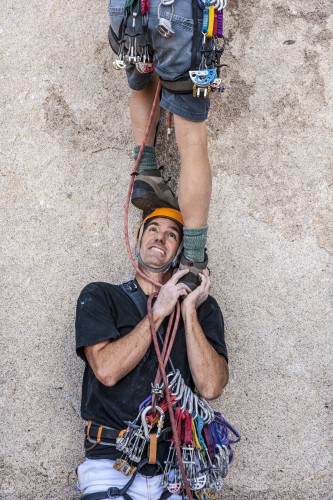 In my years of working for various companies, there are a few things that I could point out that foster a great work environment. One of the things that I personally find extremely important is working with people from many different cultures and backgrounds.
In my years of working for various companies, there are a few things that I could point out that foster a great work environment. One of the things that I personally find extremely important is working with people from many different cultures and backgrounds.
German football is fun to watch, and is very efficient, but the way South American players can turn a mundane part of the game, like passing, into a dance is incredible to watch; a match between the efficiency and the dance is fun to watch. Put the best of these worlds together into one team and you can have one that is stronger as a whole. I find the same principle holds true in the workplace. As a team we have many different countries represented. To name a few: El Salvador, China, Germany, America, Brazil, and Russia. All of these different backgrounds coming together does bring with it a need to be flexible and humble in the workplace, but can also greatly enhance what we are able to accomplish.
In some of the work that I’ve been a part of at Lufthansa dCC I’ve seen one of the agile principles play out: the best architectures, requirements, and designs emerge from self-organizing teams. The implied understanding is that people will see things from different points of view and the best ideas will bubble up to the top, thus giving you the best product. Bringing this into the airline world, there is great opportunity to work with people who may understand customer needs and experiences from a different perspective. Some of my team members have years of experience and knowledge in the airline industry that I consider invaluable. Others come from a different industry altogether and have fresh insights and ask, “Why are we doing it that way? (And please don’t tell me, ‘because we have for 20 years now’).”
In one project I found myself working with a German who insisted that much of the airline world could be improved by utilizing the American idea of customer service. As I thought about what he meant, one experience came to mind. On my expat flight to Germany, I noticed something of  how different passengers approached exiting the plane. We were personally exhausted from keeping the wheels on the family together for such a long trip with a young child and baby. So when we didn’t jump up and grab our luggage within 2 seconds of the seatbelt light being turned off, we figured we were well within the norms of exiting a plane. What I had taken for granted was that there is this global principle of queuing. Queuing, you know, the principle of when your plane arrives the people seated in front of you exit first; unless of course they tell you to go ahead of them. In the German world, this is not really the case. I noticed everyone started grabbing their belongings as fast as possible in an effort to exit before everyone else around. If you weren’t fast enough, well…you may get an impatient sigh, a questioning look, and you definitely will have to cut your way into the line of people streaming past you.
how different passengers approached exiting the plane. We were personally exhausted from keeping the wheels on the family together for such a long trip with a young child and baby. So when we didn’t jump up and grab our luggage within 2 seconds of the seatbelt light being turned off, we figured we were well within the norms of exiting a plane. What I had taken for granted was that there is this global principle of queuing. Queuing, you know, the principle of when your plane arrives the people seated in front of you exit first; unless of course they tell you to go ahead of them. In the German world, this is not really the case. I noticed everyone started grabbing their belongings as fast as possible in an effort to exit before everyone else around. If you weren’t fast enough, well…you may get an impatient sigh, a questioning look, and you definitely will have to cut your way into the line of people streaming past you.
The point is that those types of expectations of how things should work or run are developed over time and we bring them with us into the workplace; usually without thinking about them too in-depth. They have a direct influence on how we develop customer experiences and products, how a flight attendant approaches customer service, or how as a team member and I prepare for an important meeting with a customer from another culture.




